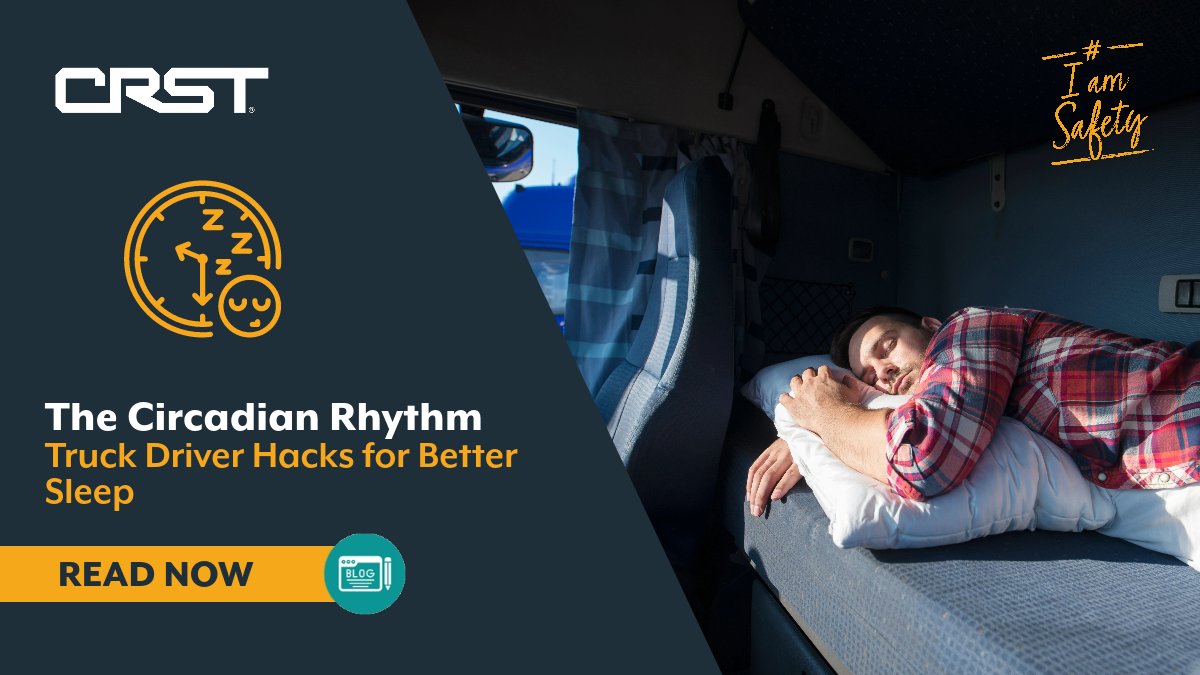Our cell phones have become essential for day-to-day living and work. But what do they do when it’s time to call it a day? The fact is, they can keep you up at night. The blue light emitted by your cell phone screen restrains the production of melatonin, the hormone that controls your sleep-wake cycle—your circadian rhythm. That can cause fatigue.
What exactly is the circadian rhythm? In short, it is your body’s internal clock. It helps to manage your sleep and waking patterns. Keeping the same – or close to the same – waking and sleeping schedule daily can help you avoid daytime tiredness. The National Institute of General Medical Sciences defines circadian rhythms as “physical, mental, and behavioral changes that follow a 24-hour cycle and respond primarily to light and dark and affect most living things, including animals, plants, and microbes.” These rhythms are sensitive to blue light—and your cell phone emits it. So do the sun, fluorescent lights, LED TVs, computer monitors, and tablet screens.
Blue light has the shortest wavelength and highest energy. No wonder it boosts alertness, helps memory and brain function and elevates mood. But is that what you need when you need sleep? Studies show two or more hours of screen time in the evening can seriously disrupt the melatonin surge required to fall asleep. Not getting enough sleep or having poor sleep quality can lead to health problems such as heart disease, diabetes, high blood pressure, depression, and obesity. And let’s face it, when you’re on the road, the last thing you want is to experience fatigue during the day, much less health problems.
Truck driver hacks for better sleep
Here’s how you can keep the sleep “blues” away.
• Put the phone on “do not disturb” or silent.
• The National Sleep Foundation recommends stopping using electronic devices 30 minutes before bed.
• Put your phone away in another part of the truck. This will discourage you from checking it during the night. Are you worried you’ll miss an urgent call? Set your phone so it only rings when certain people are calling.
Are you still having trouble sleeping or have increased fatigue? Avoid or limit caffeine after 2:00 p.m. each day, as half the caffeine will remain in your body six hours later. Avoid nicotine at least two hours before bed and alcohol two to four hours before bed. Aim for 20 to 30 minutes daily but avoid exercising within three to four hours before bedtime. If possible, train in the morning, outdoors, as sunlight helps set your circadian clock and increases your energy for the day. So, when you stop along your CRST route, take a walk! Here’s to a great night’s sleep!





